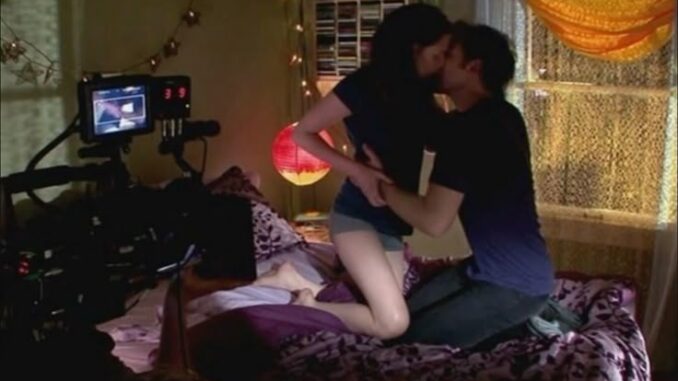
The Bat and the Accent: Robert Pattinson’s Unconventional Method Acting
Robert Pattinson, the name once synonymous with brooding vampires and teenage heartthrob status, has in recent years shed that skin with the precision of a seasoned chameleon. He’s become known for his eccentric choices, his dedication to indie films, and perhaps most strikingly, his commitment to inhabiting a role, even when the cameras aren’t rolling. This commitment, however, isn’t just a matter of researching a character’s background or perfecting their mannerisms. It extends to a rather unusual, and often hilarious, method of preparation: wandering around in public, practicing accents, even when off-set. This seemingly bizarre behavior, particularly as documented and reported as “md07,” reveals a deeper understanding of Pattinson’s unique approach to acting, one that prioritizes immersion and the erosion of the boundary between self and character.
The “md07” phenomenon, whatever its precise origin, paints a picture of Pattinson as a man possessed, not by demons, but by linguistic ghosts. Imagine the scene: a nondescript coffee shop, a park bench, a bustling city street. And there, amidst the mundane reality, is Robert Pattinson, muttering to himself in a Cockney twang, a Southern drawl, or even the guttural growl that would eventually become his Batman voice. The inherent absurdity of this image is undeniable, yet it also speaks volumes about his dedication. It suggests that Pattinson isn’t simply memorizing lines and mimicking intonations; he’s attempting to truly embody the character’s voice, to let it seep into his subconscious until it becomes second nature.
This off-set accent practice isn’t just a quirky affectation; it’s a calculated strategy. By immersing himself in the sounds and rhythms of a particular dialect, Pattinson aims to transcend mere imitation and achieve a genuine understanding of the character’s inner world. Language, after all, is not simply a tool for communication; it’s a window into a person’s culture, their upbringing, and their perspective on the world. By mastering the accent, Pattinson hopes to unlock these deeper layers of the character and bring them to life on screen.
Furthermore, the very act of practicing in public adds another layer of complexity to his method. Exposing himself to the risk of judgment, of being overheard and perhaps mocked, forces Pattinson to confront the vulnerability inherent in performance. He’s not shielded by the safety of a rehearsal room or the approval of a director. Instead, he’s out in the open, testing the boundaries of his character, seeing how the voice feels in the real world, and gauging the reactions of unsuspecting strangers. This public practice, therefore, becomes a form of self-imposed pressure, a way to sharpen his focus and heighten his awareness.
Of course, this method is not without its potential drawbacks. It could be argued that such intense immersion risks blurring the lines between actor and character, leading to potential psychological strain. The dedication bordering on obsession can also come across as pretentious or self-indulgent, particularly when framed as a “method” acting trope. However, the consistent quality and surprising range of Pattinson’s performances suggest that, for him, this unconventional approach is ultimately effective.
In conclusion, Robert Pattinson’s practice of wandering around, muttering in various accents, even off-set, as highlighted by the enigmatic “md07,” is more than just a peculiar habit. It’s a testament to his unwavering commitment to his craft, a willingness to push boundaries, and a deep understanding of the power of language in shaping character. He’s not simply playing a role; he’s inhabiting it, allowing it to permeate his being until the lines between actor and character blur. It’s a bold, perhaps even slightly eccentric, approach, but one that has undeniably contributed to his transformation from teen idol to one of the most intriguing and respected actors of his generation. His dedication to the craft, however unusual, serves as a reminder that true artistry often lies in the willingness to experiment, to embrace the absurd, and to never stop searching for the authentic voice within.
